Russia, Syria ink agreement on expanding Tartus naval base
Russia and Syria have signed an agreement on the development and modernization of a leased military installation of the Russian Navy in the Mediterranean port city of Tartus, and extending operations there to the next decades.
Under the deal, which was struck in Damascus on Wednesday but made public on Friday, Syria has offered Russia free use of the Soviet-era naval supply and maintenance facility for 49 years. The term can be automatically extended for further 25-year periods if neither side objects.
The agreement allows Moscow to upgrade Tartus naval base so that it can immediately accommodate up to 11 Russian vessels, including those equipped with nuclear propulsion systems, provided that nuclear and environmental safety guidelines are taken into account.
The deal says the Tartus facility will help “support peace and stability in the [Middle East] region,” adding that “it has a defensive character and isn't directed against any other nation.”
It also says the Russian military will ensure the seaborne and airborne protection of the base, while Syria will be responsible for its ground security.
Russia will have the right to renovate, rebuild and demolish the building, do construction work, including underwater, and set up offshore platforms.
The agreement also stipulates that Russia will help Syria restore its Soviet-built warships.
On October 7, 2016, the lower house of the Russian parliament ratified an agreement with the Damascus government that allows Russian troops to stay indefinitely in Syria as Moscow is battling foreign-sponsored Takfiri militants in the conflict-ridden Arab country.

The deal allows Russia to keep its forces at the Hmeimim air base in Syria's western coastal province of Latakia for as long as it wants.
The accord was penned in August 2015, one month before the Russian air campaign against militant positions in Syria began at the request of the Damascus government. Russian President Vladimir Putin then submitted the agreement to the State Duma on August 9, 2016.
Under the deal, the Russian air force will operate inside Syria upon the orders of the air group commander and in coordination with Syrian authorities.
Russia also reserves the right to bring into or remove from Syria any munitions or military equipment necessary to accomplish the air force's tasks and provide the safety of its personnel. The agreement would be terminated once one of the sides notifies the other of its desire to do so.
Iran relies on natural gas for nearly 90% of its power production: Expert
US embassy in Beirut blocks Iraq-Lebanon humanitarian air bridge
VIDEO | UK's Starmer targets journalists
Israel plans to displace Palestinians in occupied West Bank: Hamas
Iranian airlines ramp up Istanbul route flights after EU sanctions
British protesters slam UK’s complicity in Gaza genocide on Balfour day
US surgeon haunted by Gaza children with ‘single gunshot wounds to head’
VIDEO | Iran's possible retaliation against Israel



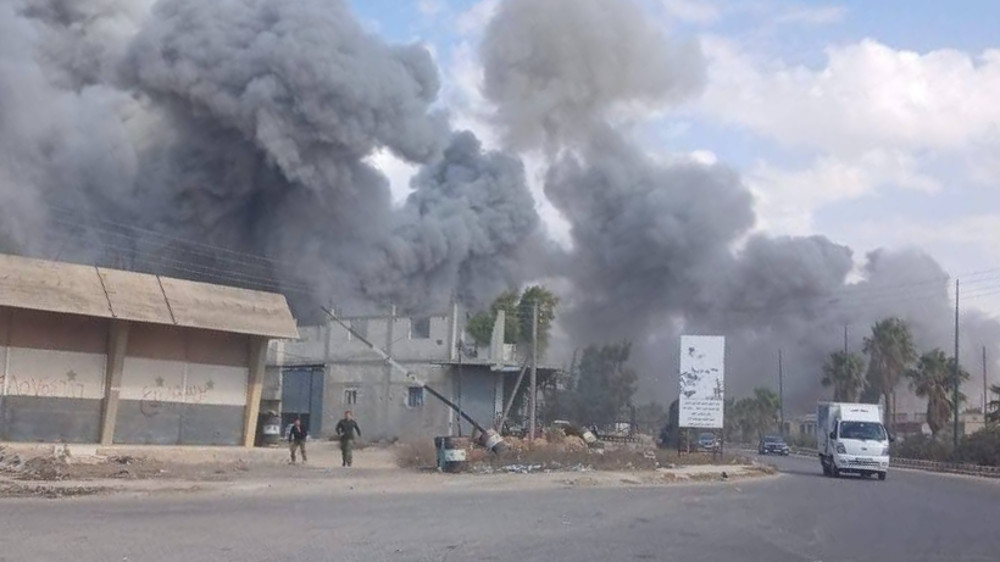
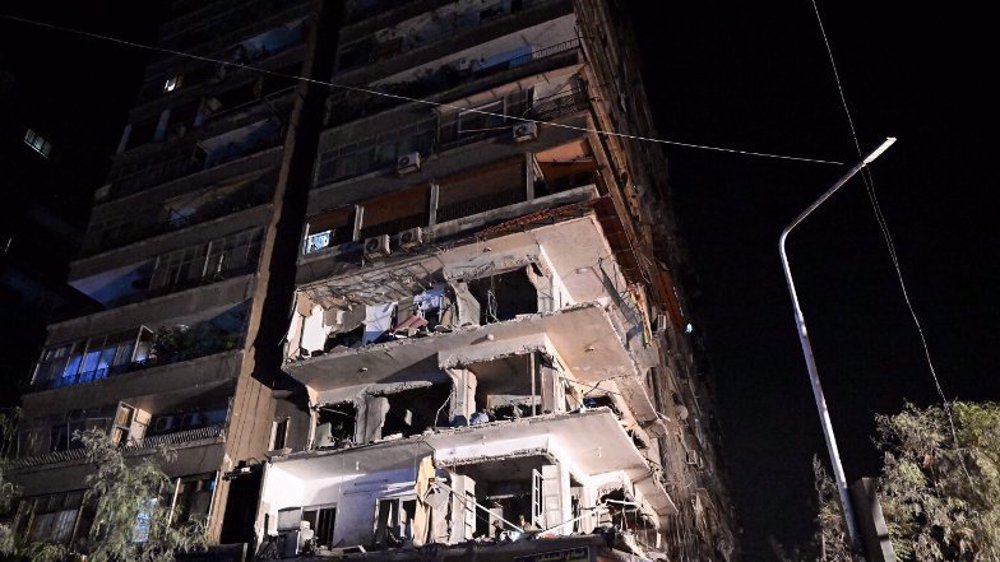
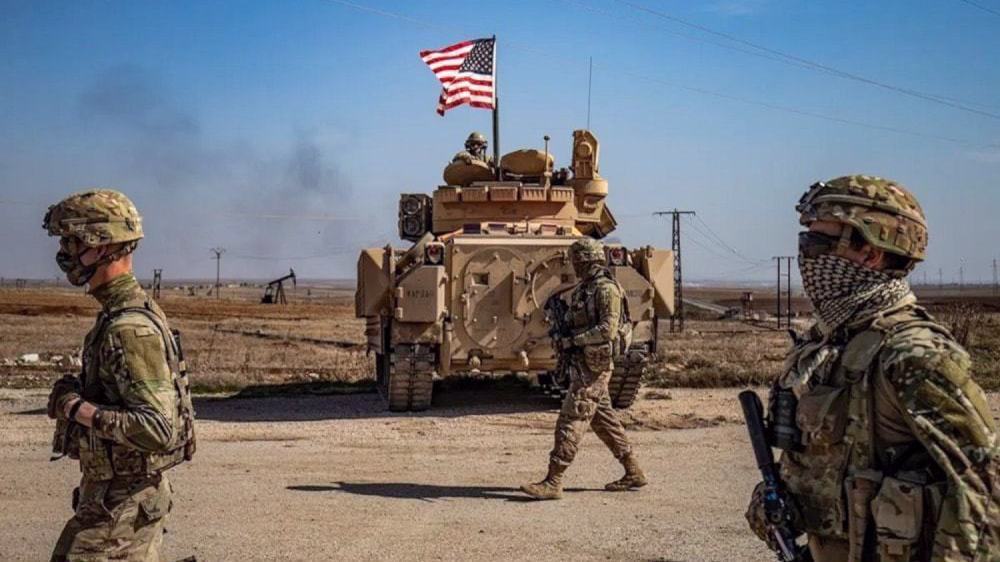




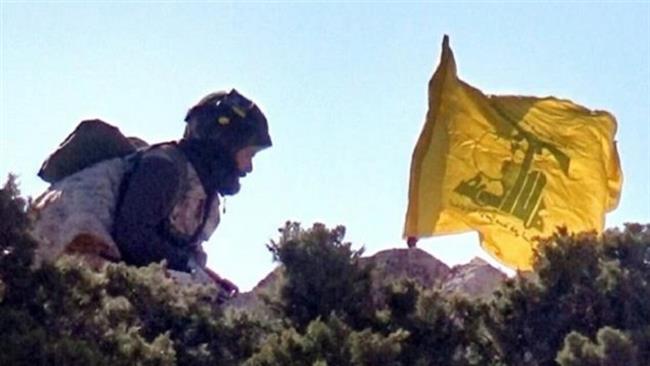

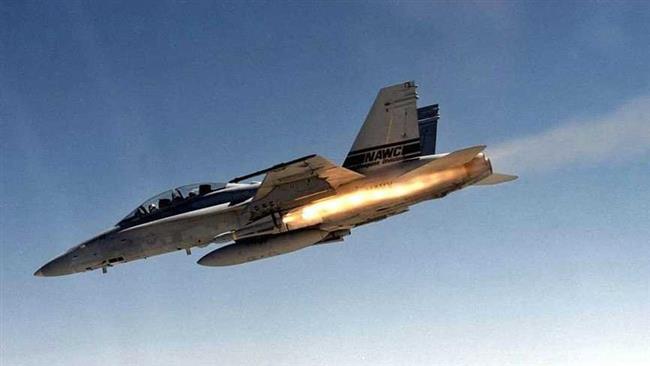




 This makes it easy to access the Press TV website
This makes it easy to access the Press TV website